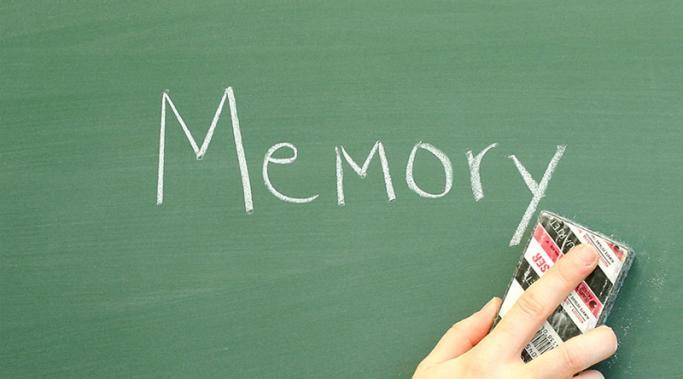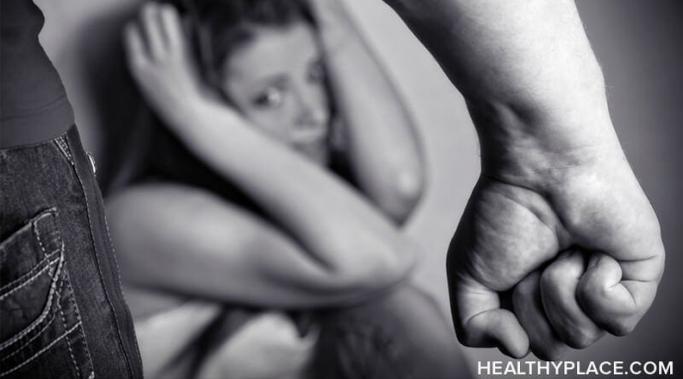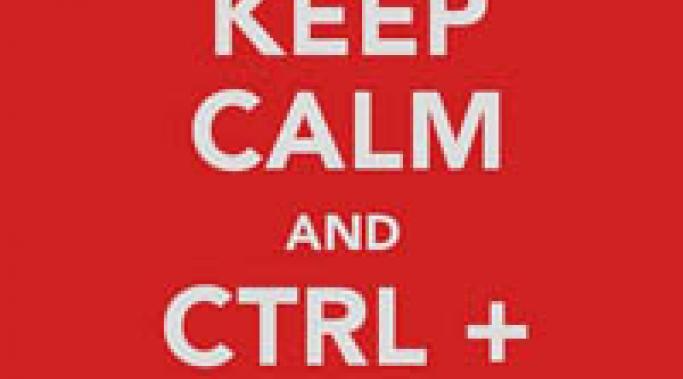Blogs
One of the symptoms of BPD is "transient, stress-related paranoid ideation or severe dissociative symptoms". That's a fancy way of saying that when a person with BPD is under a great deal of stress, he or she can dissociate. He or she experiences an "altered state of consciousness characterized by partial or complete disruption of the normal integration of a person’s normal conscious or psychological functioning", as Wikipedia puts it. Translation: detachment or distancing from reality.
Memories from when you were ill can damage your recovery. The mind, your memory, has a funny way of pushing aside the bad bits: the time in hospital, the anguish, the search for reprieve. You sort of forget the acute pain. Hiding the memories from when you were ill invites irrational thoughts (like thinking you were never ever sick to begin with).
Last week, we returned to Bob's psychiatrist to discuss the medications he takes for bipolar disorder and ADHD. Over the past year, his medication regimen (which he has taken for over two years) has become less and less effective, even as his doses are increased. I was ready to argue my case for a medication change. Luckily, I didn't have to.
J.D. Smith was in a mentally and physically abusive relationship for seven years. Today she’s a musician and she advocates for battered women. She says her main goals as an advocate are “… to help women get free from abuse and to help them get their self-esteem back.”
Anger can be the match that sparks a dip in your mood or a bout with anxiety, and according to what I've been reading recently this is because the part of your brain that normally keeps a lid on angry feelings is impaired when you're depressed.
I need a job.
Our finances favor it. My husband prefers it. My sanity demands it.
But will my oldest child's psychiatric illness allow it?
Many people aren't good at relationships, particularly at the beginning. What might be a time of excitement and optimism for the average person can turn to anxiety and depression for someone with bipolar. In this blog post, I compare the feelings I experience during the beginning of a relationship - in this case, with Erik, a new love interest - with the mood fluctuations of bipolar disorder.
You cannot always tell a person has an eating disorder simply by looking at him or her.
I stressed that because one of the most common and enduring myths about eating disorders is that the person must be young, female, and extremely emaciated to have an eating disorder.
That is simply not true.
I've seen quite a few doctors and I've talked to quite a few people who've seen quite a few doctors and one thing that constantly comes up - and decreases patient care - is a negative relationship between patients and doctors / psychiatrists. There are many reasons people have a poor relationship with their doctor, but one of them is that people are intimidated by their doctor. And doctors never seem to understand, or compensate, for that. So, quite simply, we have to.
Scientists say that our thoughts control our feelings.
So does that mean that our negative thoughts can actually spiral out of control into full-blown depression? Dr. David Burns says so in his book,”Feeling Good: The New Mood Therapy.” I found out about this book from my psychiatrist, who “prescribed” it to me for depression. They call it “bibliotherapy.”







